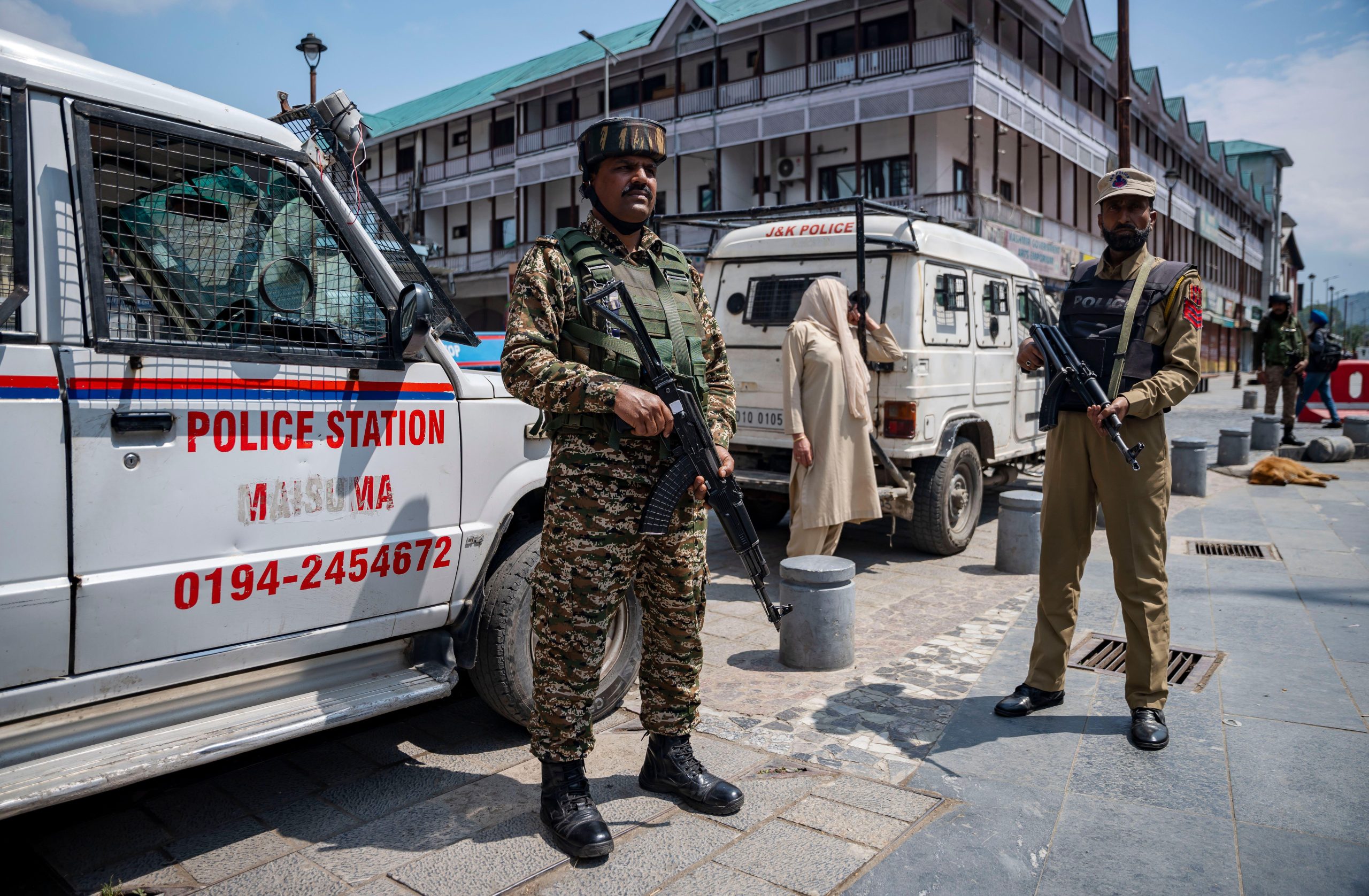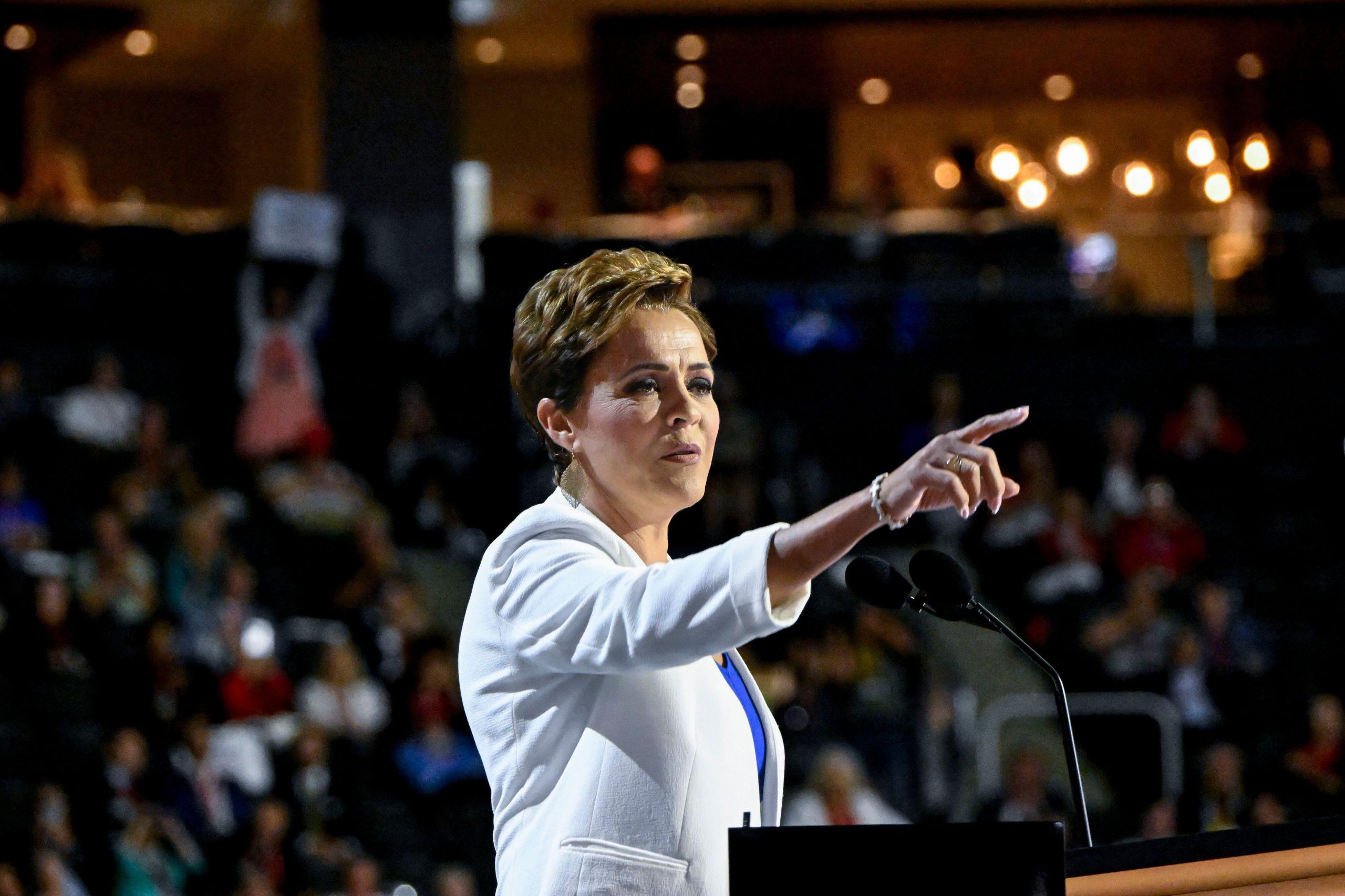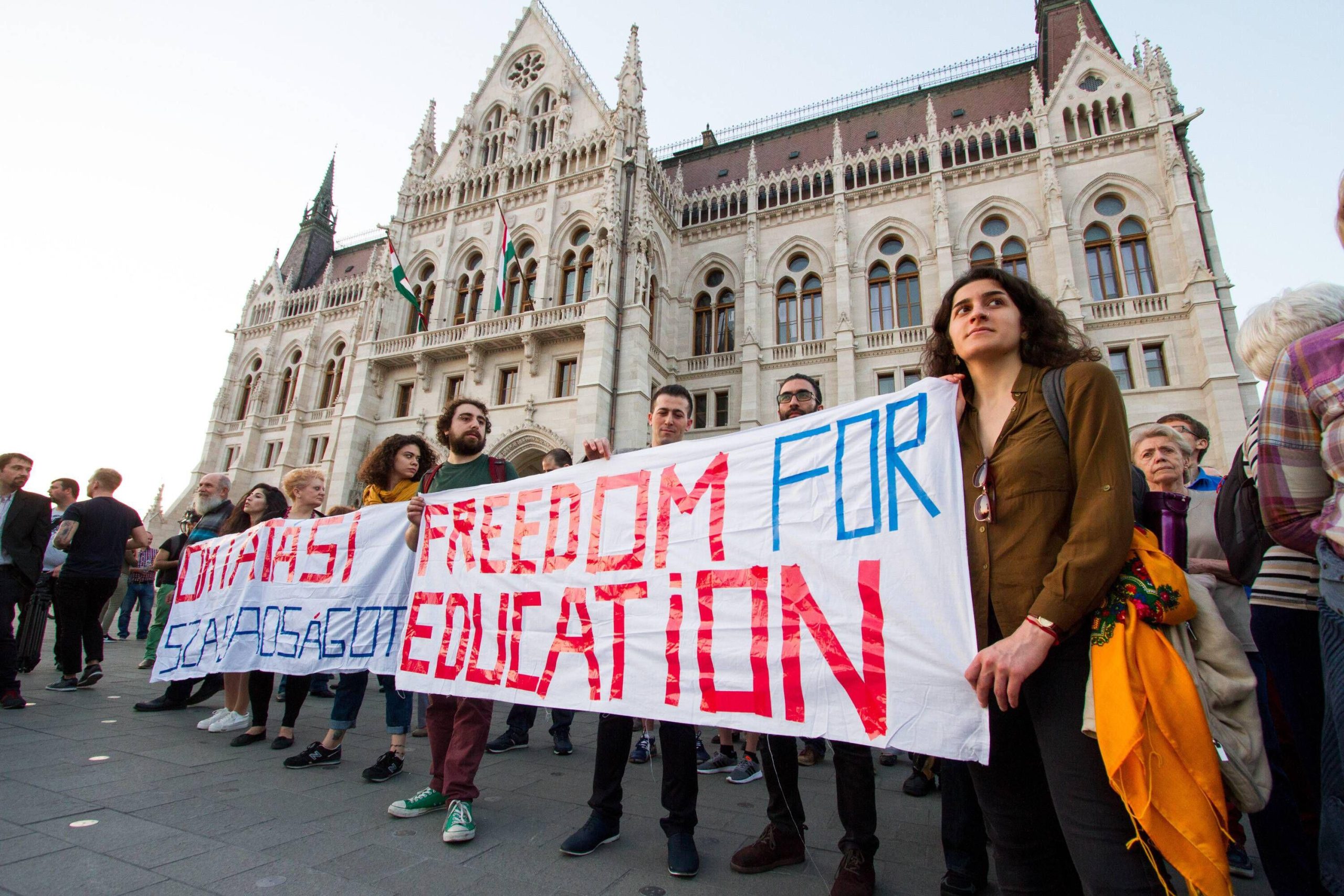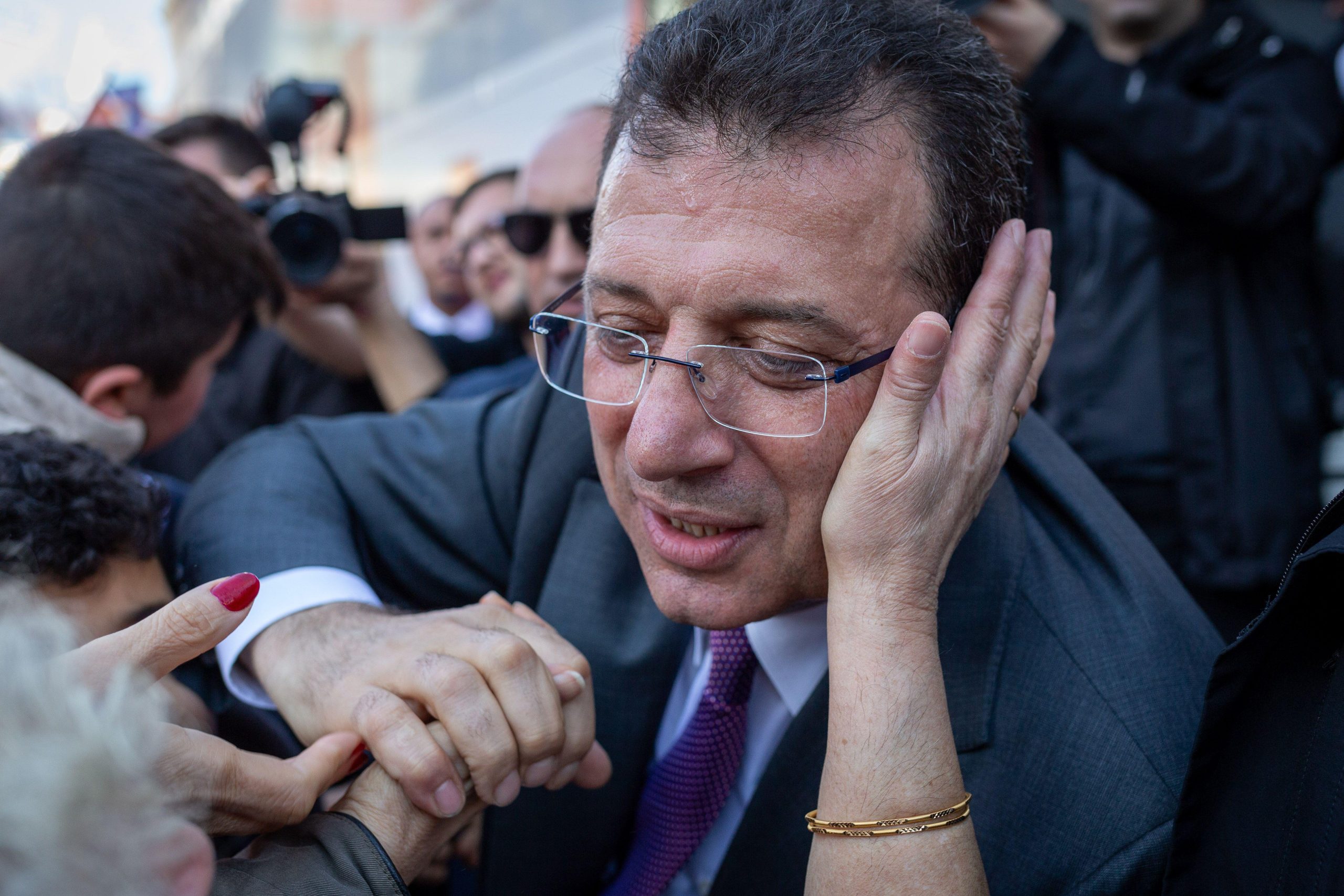 The United Nations is right to condemn Britain’s free expression record. But its criticisms would hold more weight if it demonstrated a stronger anti-censorship line itself, writes
The United Nations is right to condemn Britain’s free expression record. But its criticisms would hold more weight if it demonstrated a stronger anti-censorship line itself, writes
Jo Glanville
The UN Human Rights Committee’s shaming report on the UK’s human rights record will, perhaps, remind Gordon Brown to fulfil a promise. In October last year, when he was still in the first flush of his premiership, he made a rousing speech on liberty — and said that Jack Straw would investigate making an audit of free speech legislation. It seemed like a fine idea, so I rang the Ministry of Justice to find out about their plans. However, no one there knew anything about it – perhaps I should try the Department for Culture, Media and Sport, they suggested? But no one at the DCMS could help either. It all went quiet, until Gordon Brown made his second speech on liberty this summer — in a counterblast to David Davis’s one-man crusade on civil liberties. There it was again — the elusive free expression audit, tantalisingly dangled as evidence of the government’s commitment to free speech, yet still apparently far from being put into practice.
The UN’s rather random observations on the UK’s free speech record shows just how necessary such a review is. Some of the legislation under criticism has been with us for a long time and is well overdue for reform — above all our internationally popular libel laws and our draconian Official Secrets Act. The UN also rightly takes the government to task for the most recent terrorism legislation — the offence of ‘encouragement of terrorism’ in the 2006 Act. This is a crime that a member of the public can be guilty of — even if they did not intend to encourage a member of the public to commit an act of terrorism. At an Index on Censorship conference this summer in London on counter terrorism and free speech, the Shadow Home Secretary Dominic Grieve, along with leading barristers and human rights lawyers, drew particular attention to the chilling effect of this legislation.
Yet it is in fact the terrorism legislation that predates both 9/11 and 7/7 that is having the greater impact on free speech. Under the Terrorism Act 2000, journalists investigating terrorism may have the police knocking on their door for their notebooks and sources – as happened to Shiv Malik this year; postgraduate students researching terrorism and downloading jihadi material may find themselves detained by the police — as happened to Rizwaan Sabir (pictured) in May; protestors may fall victim to stop and search powers — as happened at the Heathrow climate camp last summer.
So while the UN is performing an important service in highlighting the government’s record, it’s an incomplete picture. Moreover, there is a certain inconsistency in the UN’s support for free expression. While the committee rightly praises the government’s decision to abolish the offence of blasphemy, in the same breath it welcomes the adoption of the Racial and Religious Hatred Act — legislation that introduced the offence of inciting religious hatred. While the initial threat the Act posed to free speech was significantly diluted after highly effective campaigning by English PEN and others, it means that we haven’t quite seen the back of the offence of blasphemy.
The UN’s position was made very clear earlier this year. In March, the UN Human Rights Council passed a resolution that will subtly turn the Special Rapporteur on Freedom of Expression into a free speech policeman. The Special Rapporteur now has to report on abuses of the right to freedom of expression when they constitute an act of racial or religious discrimination. As Index observed at the time, in a joint statement with English PEN and other concerned groups, the role of the Special Rapporteur is not to look at abusive expression but to monitor abusive limits on expression. The council also passed a resolution expressing concern about the defamation of religions and urging governments to prohibit it.
The UN is not alone in its sentiments. Random House supported its decision not to publish Sherry Jones’s novel The Jewel of Medina, about the life of Mohammed’s wife Aisha, this month by saying they had been advised that the novel was offensive to Muslims and that ‘it could incite acts of violence by a small radical segment’. This justification of censorship on the grounds of causing offence –– backed up by the spectre of violence — has become routine. As we celebrate the 60th anniversary of the UN Declaration of Human Rights, it would help to see the UN set a more consistent example.




